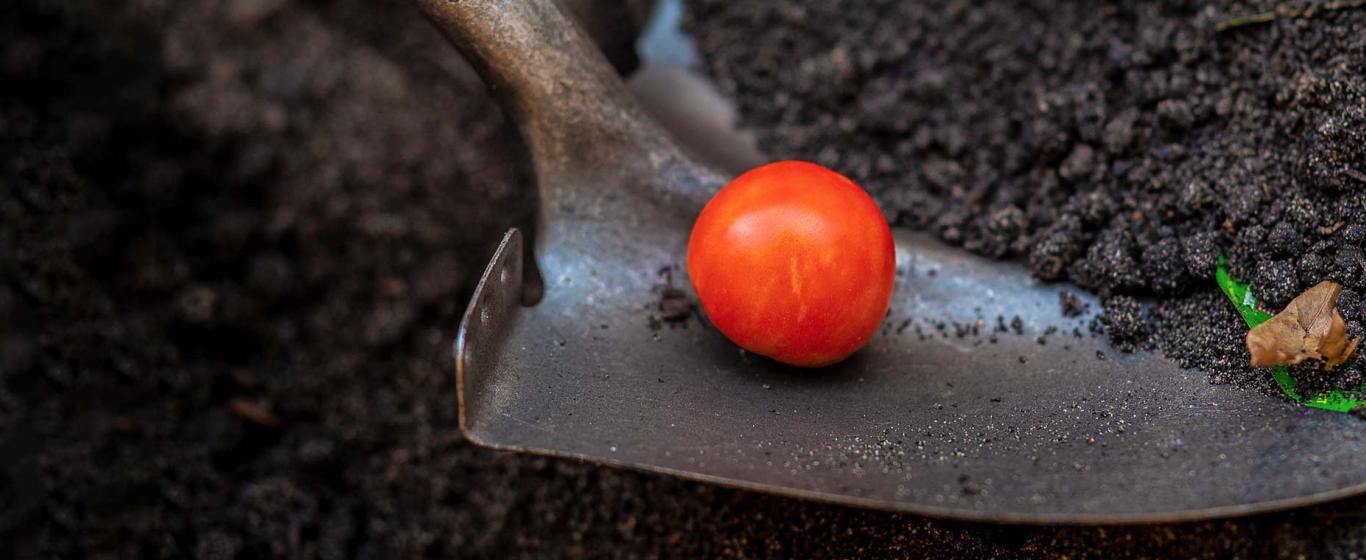Food Loss and Waste
When food is tossed aside, so too are opportunities for improved food security, economic growth, and environmental prosperity.
In the United States, over one-third of all available food goes uneaten through loss or waste.
USDA is uniquely positioned to help address the problem of food loss and waste through its programs, policies, and guidance.
USDA and FDA have a call for public comment on food date labeling, now open through March 5, 2025.
Critical Resources
In the United States, food waste is estimated at between 30-40 percent of the food supply. This is based on USDA estimates of 31 percent food loss at the retail and consumer levels. This added up to approximately 133 billion pounds and $161 billion worth of food in 2010.
Learn More
The U.S. Department of Agriculture (USDA), the U.S. Environmental Protection Agency (EPA), the U.S. Food and Drug Administration (FDA), and the U.S. Agency for International Development (USAID) are members of the Federal Interagency Collaboration to Reduce Food Loss and Waste (FIFLAW).
Learn More
Confusion over the meaning of dates applied to food products can result in consumers discarding wholesome food. In an effort to reduce food waste, it is important that consumers understand that manufacturers provide dating to help consumers and retailers decide when food is of best quality.
Learn More
Farmers never want to see the food they grow wasted, but sometimes crops are left unharvested because of environmental or market conditions, such as cosmetic imperfections, low prices, and labor shortages. There are many ways to help reduce this waste, feed people, and put money in farmers’ pockets.
Learn More
Each year, the average American family of four loses $1,500 to uneaten food. USDA offers a range of advice to help Americans reduce food waste, which in turn increases household food budgets and makes nutritious diets more affordable.
Learn More
K-12 schools have a special role in not only reducing, recovering, and recycling food waste on their premises but also in educating the next generation about the importance of food conservation and recovering wholesome excess food for donation to those less fortunate.
Learn More
Donating wholesome food for human consumption diverts food waste from landfills and puts food on the table for families in need.
Learn More




















